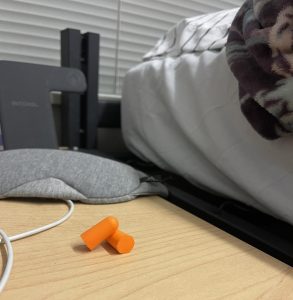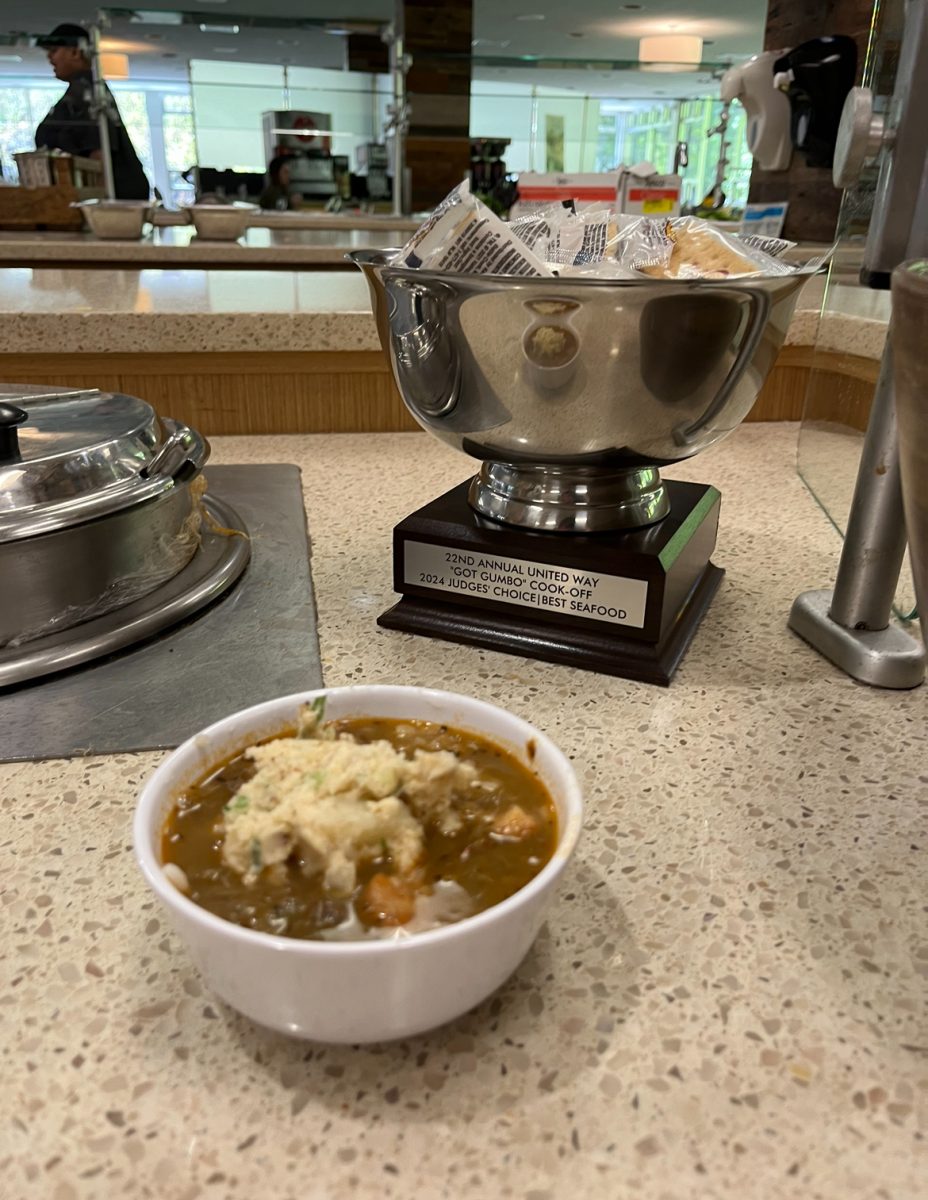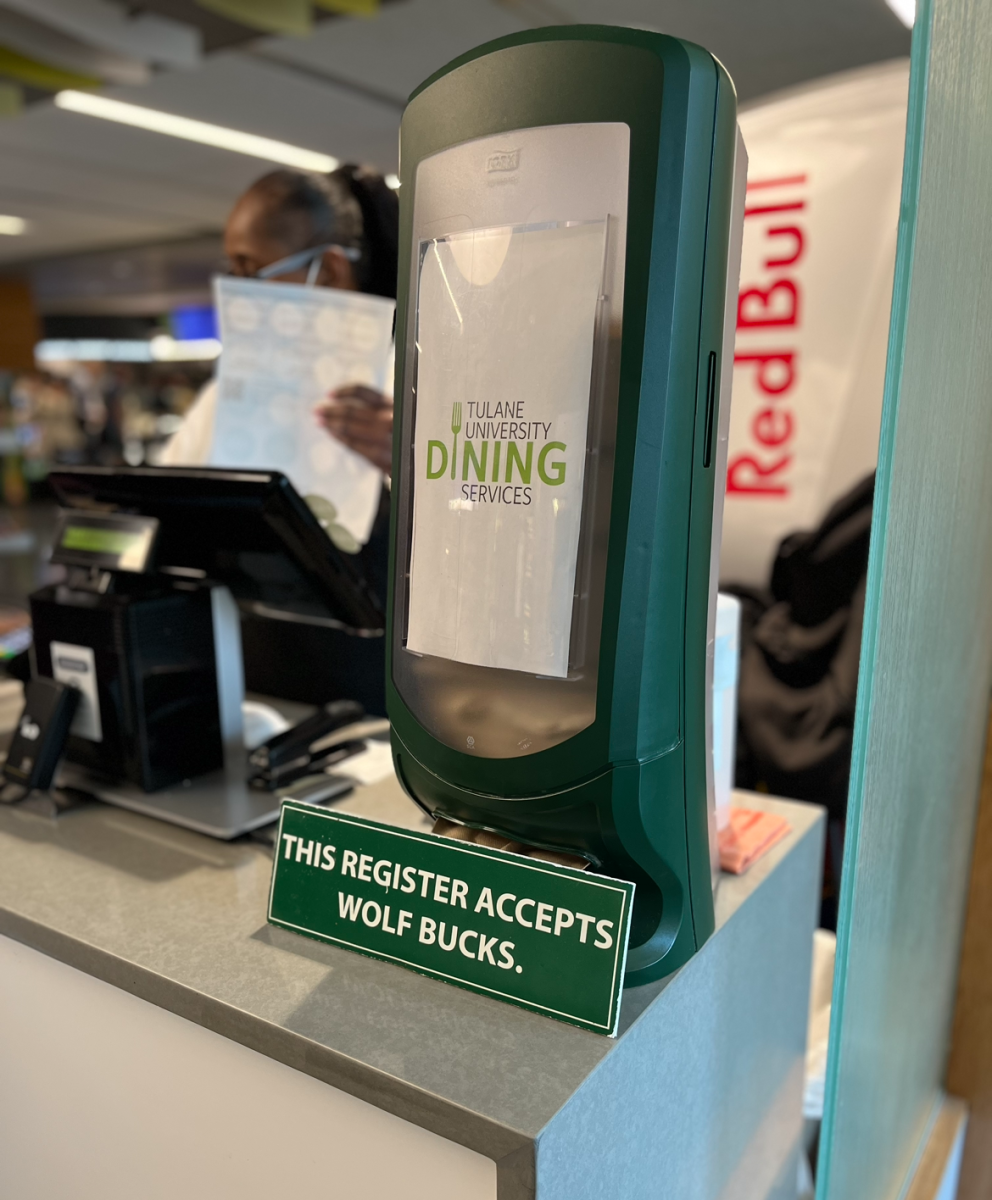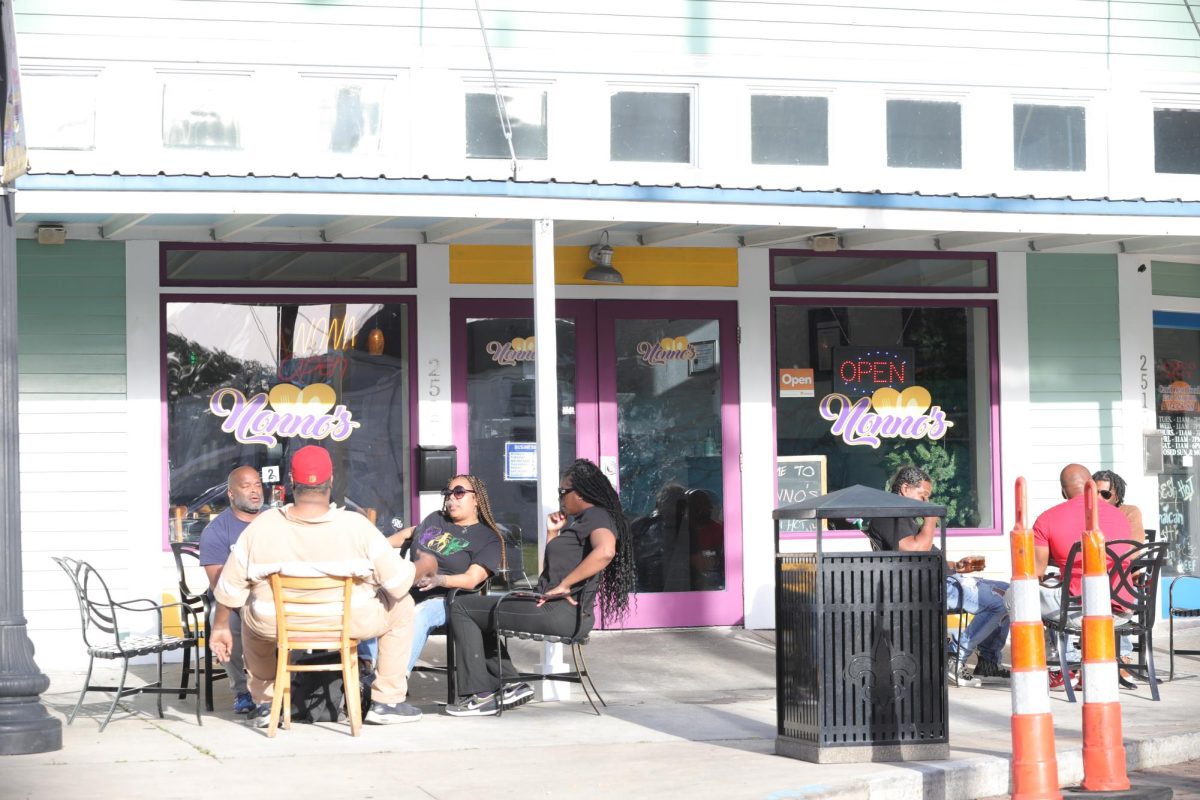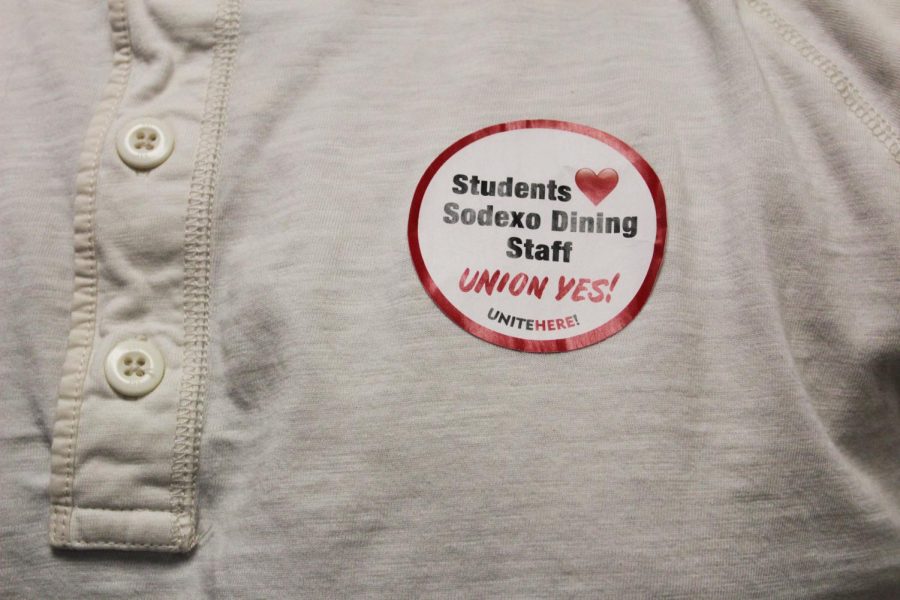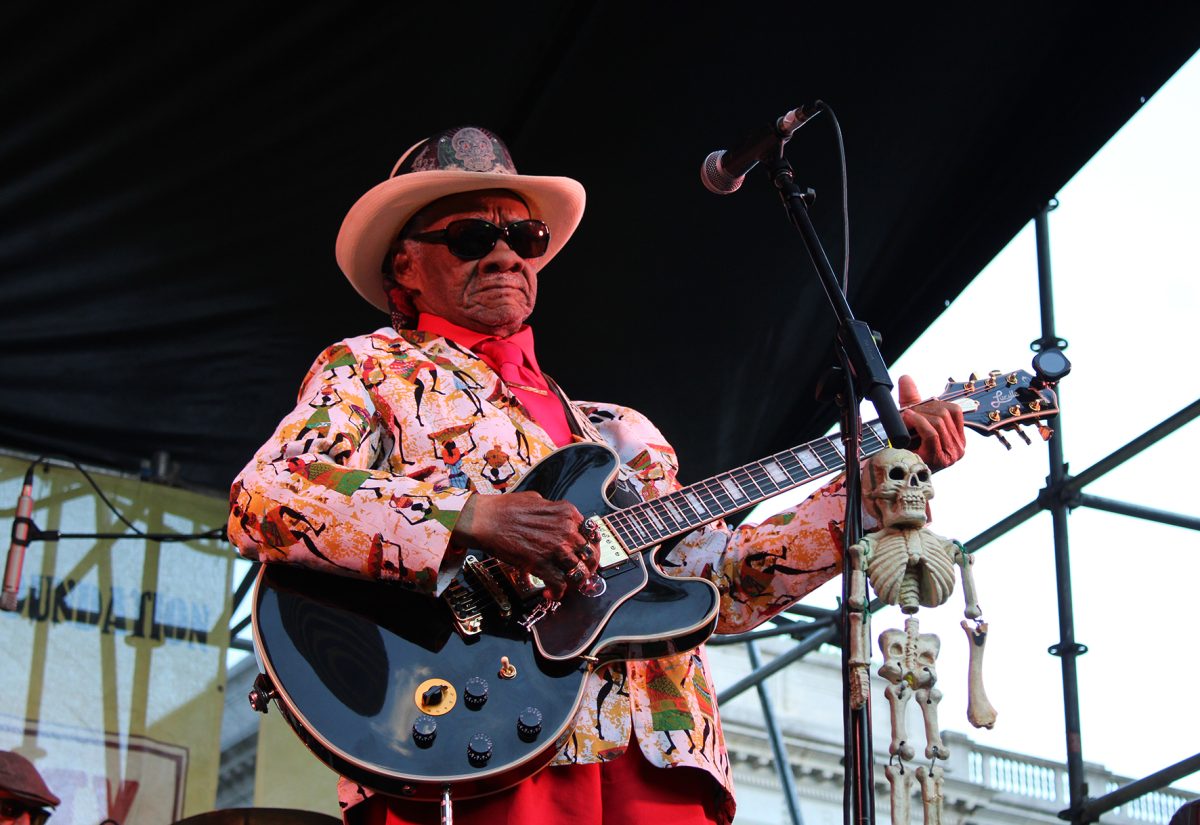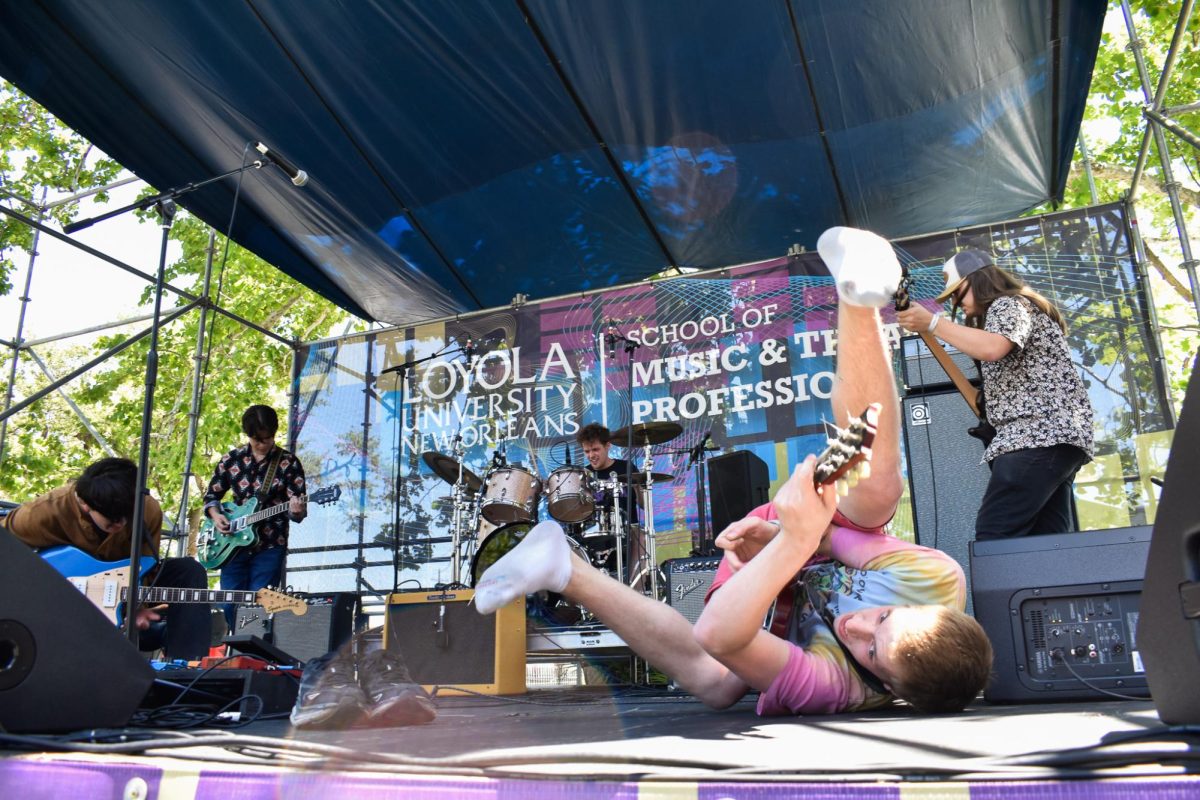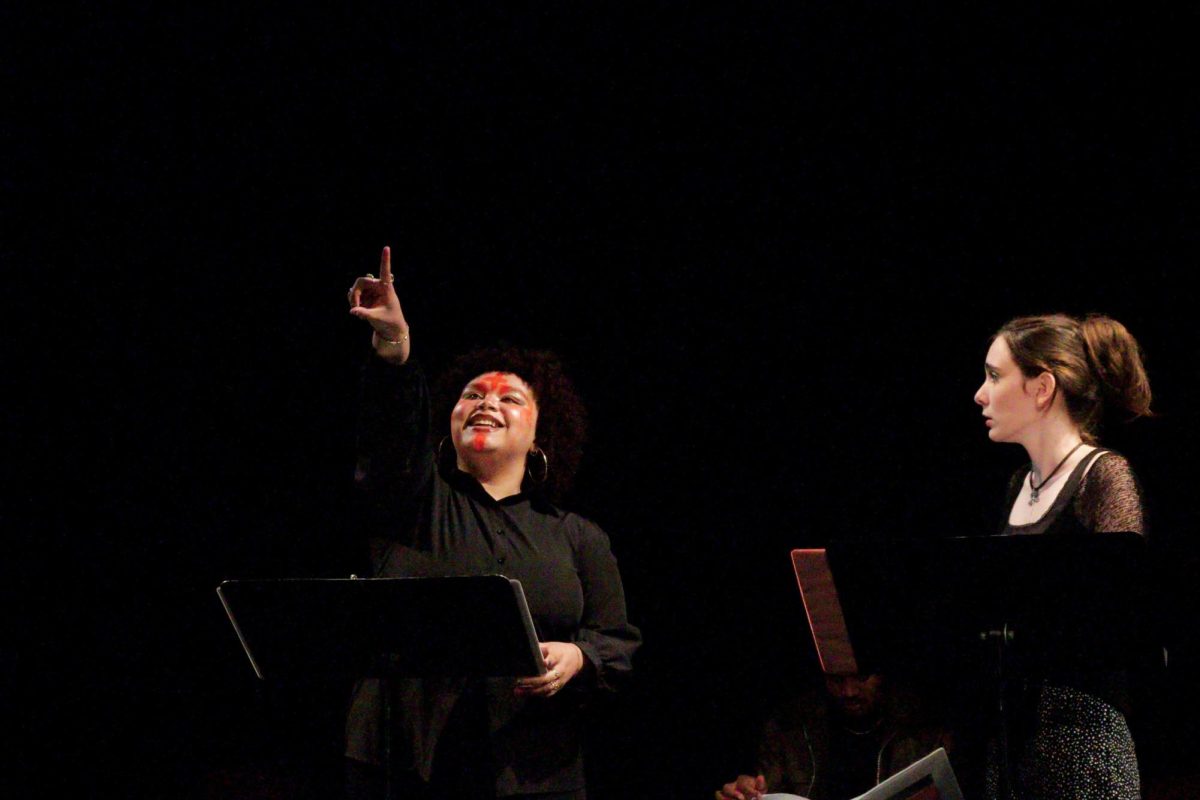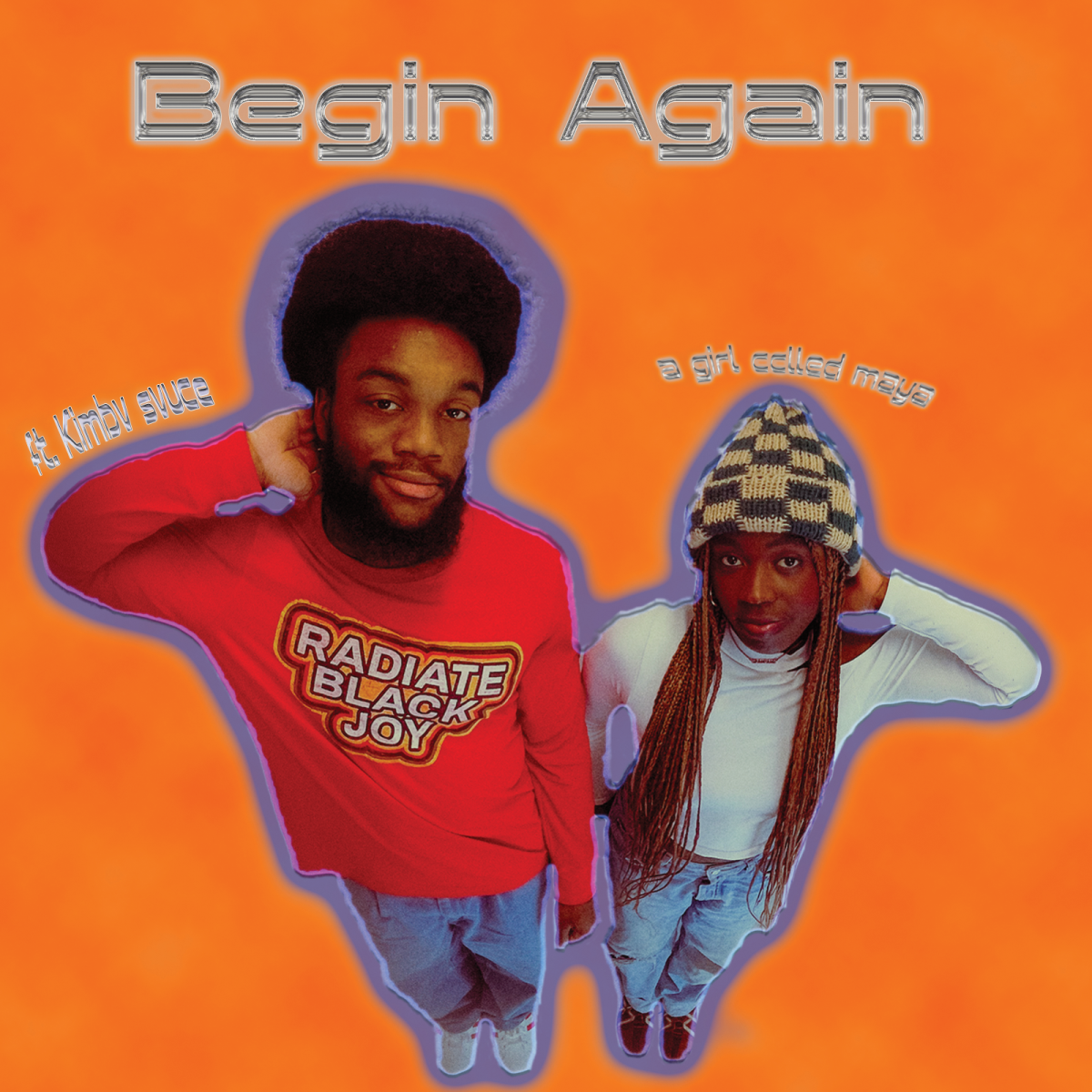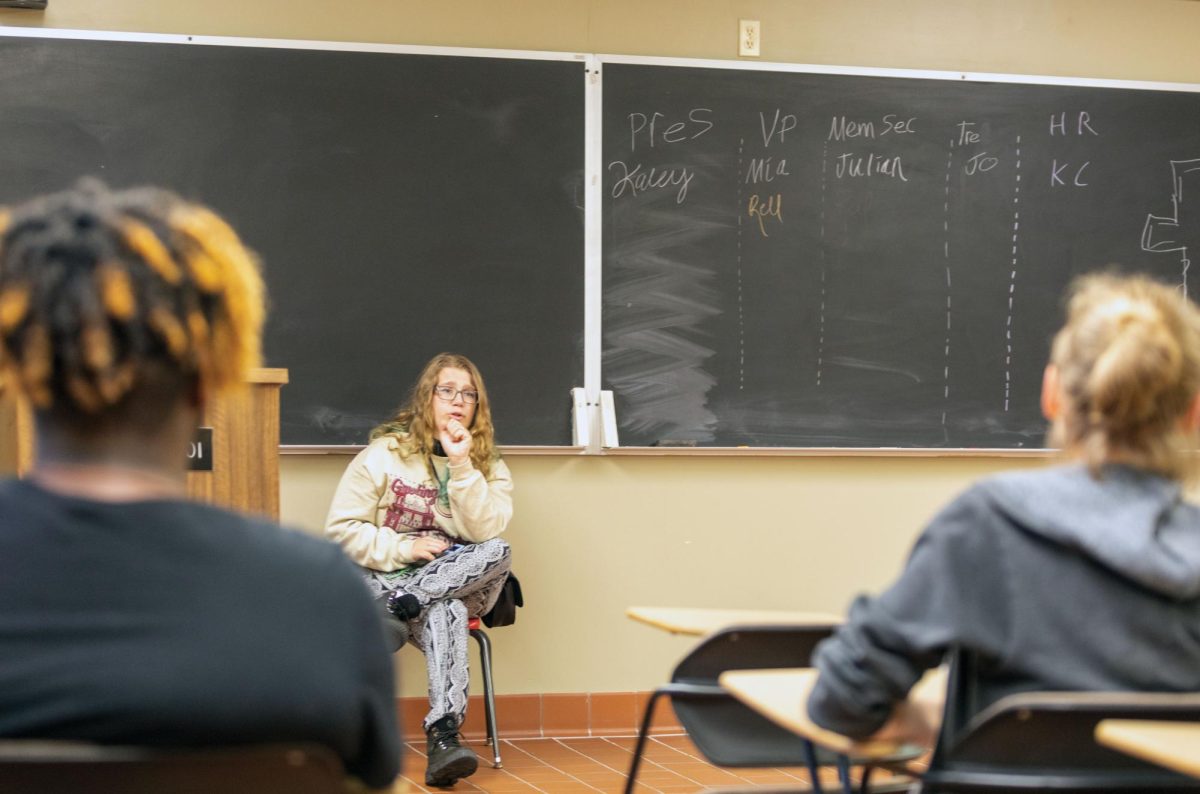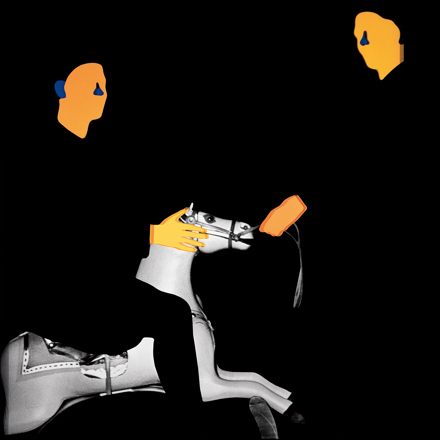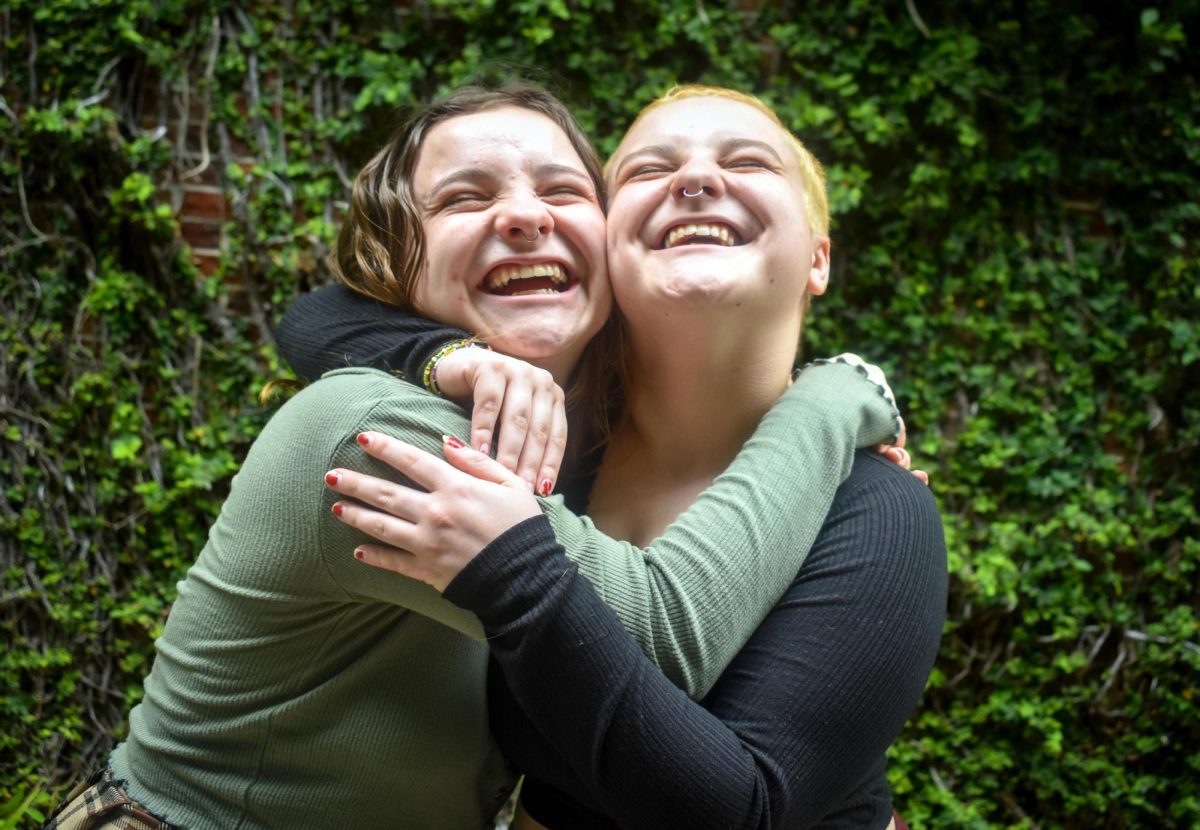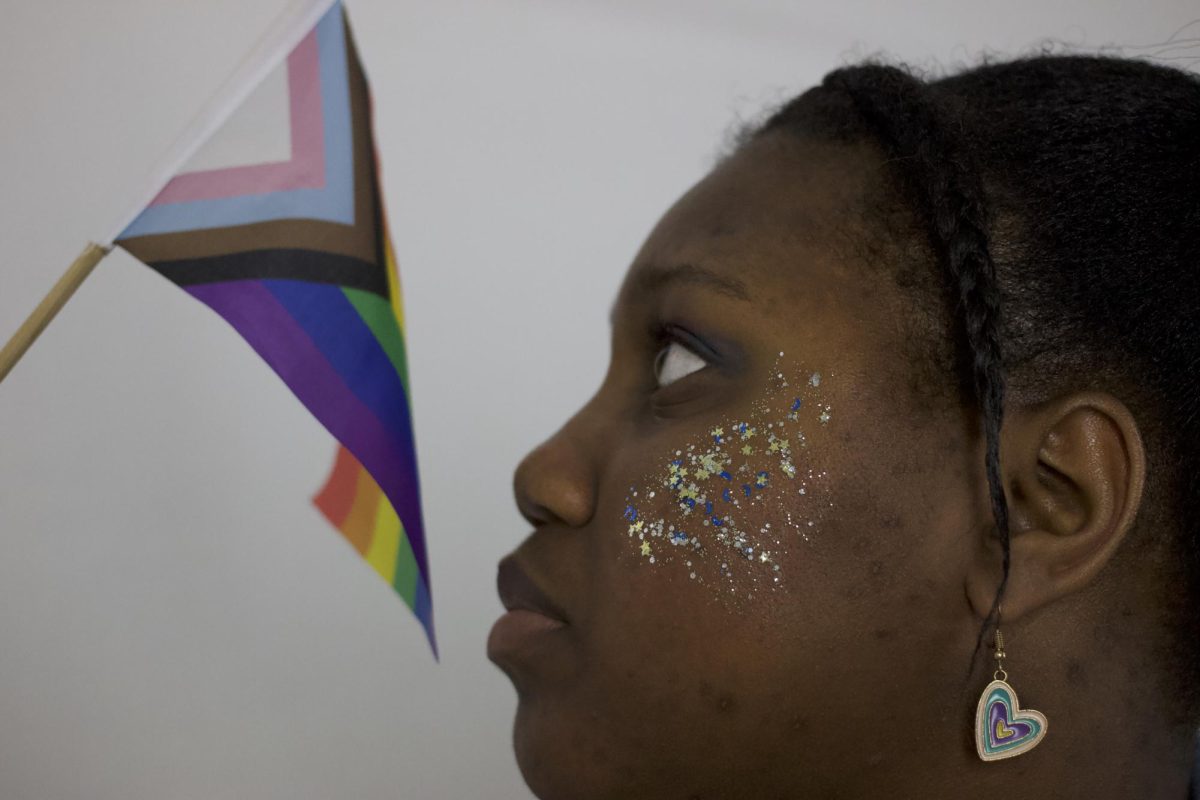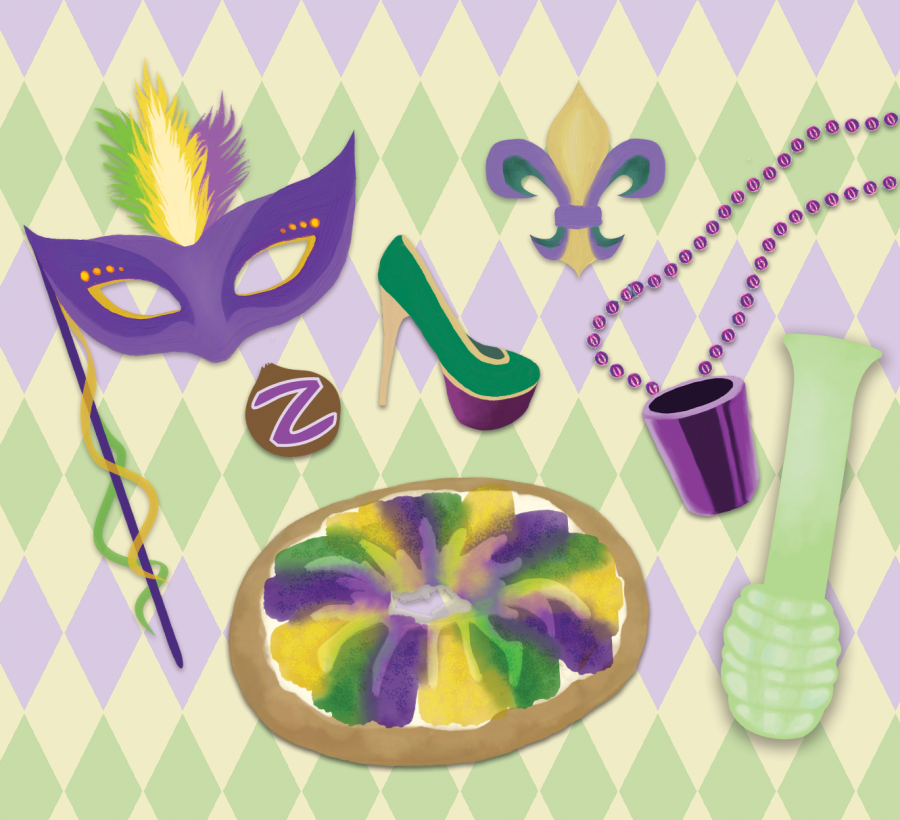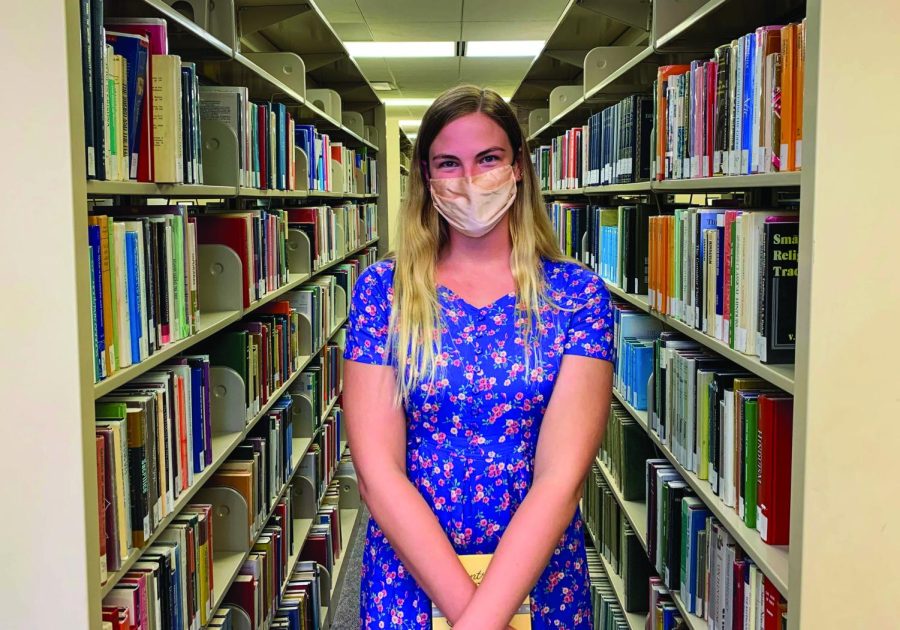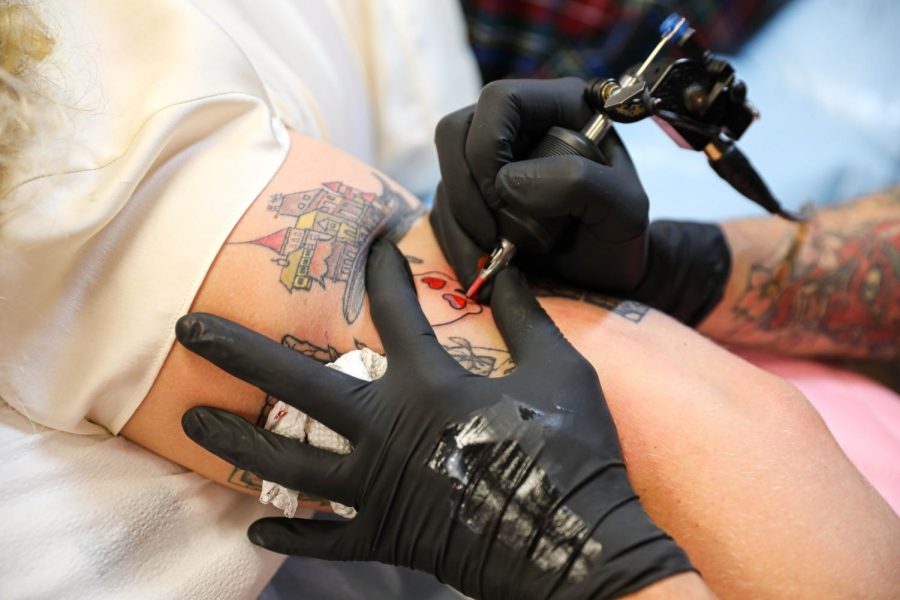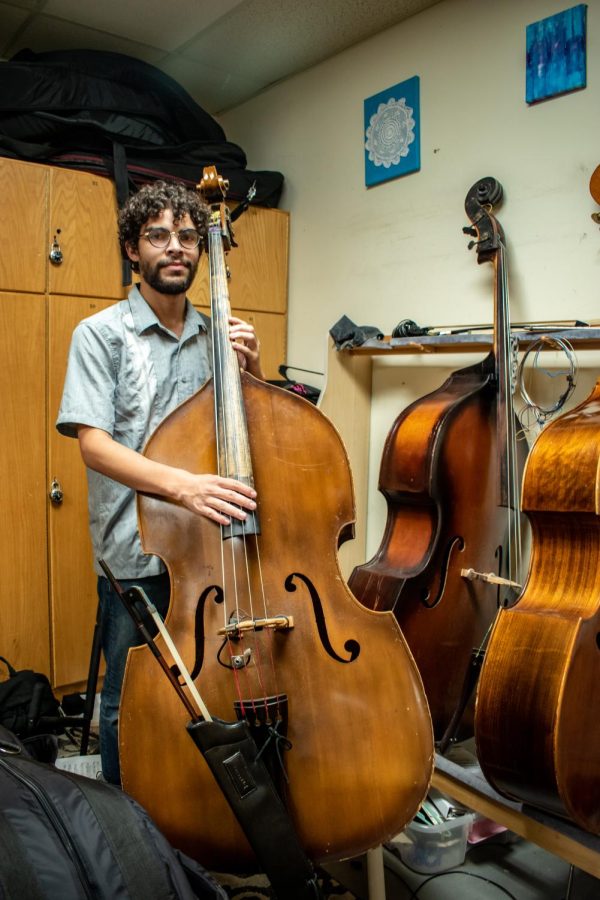How often do you think about food? How often do you have to compartmentalize down to what snack, meal or alcoholic beverage you’ll be having later? Will there even be something you can eat at a friend’s house or a bar? For me, avoiding wheat has become second nature. I forget about it most of the time-not forget as in, “Oops, I shouldn’t have eaten that,” but forget as in, “Oh, I’ll eat later,” and hope no one notices I’m not eating. It’s the latter more often than the former. I won’t say there are restaurants I can’t go to, but it’s safe to say Italian is out, as is fast food. I do eat a lot of Mexican, Caribbean and Asian food. My favorite restaurant this month is Little Tokyo.
I was diagnosed with celiac disease when I was fourteen years old and living in Massachusetts. Celiac disease is an autoimmune disorder which prohibits the body from digesting gluten, a protein found in wheat, and therefore a good chunk of the average American diet-cereal, bread, baked goods, pasta and the vast majority of desserts. I use the term “diagnosed,” loosely, since there are no conclusive medical tests at this time that confirm the presence of celiac except for a biopsy, a surgery in which the digestive process is observed through a camera lens. Since I find yearly shots invasive, I balked at the idea of the procedure. The gastroenterologist at Massachusetts General Hospital didn’t pressure me since my life would become identical to that of a celiac patient, whether I actually had the disorder or just an incredibly strong allergy to wheat. In my case, I will spend the rest of my life on a gluten-free diet.
Since then, it’s easier just to say, “I have celiac,” than to explain to inquirers who are either looking for a simple phrase or asking out of curiosity. Different people have different symptoms of celiac. It can resemble Crohn’s, with debilitating stomach pain and painful and irritating skin conditions; or it can create problems in other systems of the body, including but not limited to the central nervous and respiratory systems. Celiac has also been linked to cases of intestinal and colon cancer later in life.
I spent most of my childhood and the first two years of university in and out of hospitals. The rest of the time, I didn’t want to tell my parents, especially my mom, that it was happening again. It meant more days at the doctor, more days out of school and the frustrated combination of sadness and anger that we couldn’t figure out what was wrong with me. When we finally found out, my mom was horrified that what she’d been feeding me to make me feel better-waffles, brownies, homemade muffins, fiber bars to improve my digestion-had been making me worse. I couldn’t really handle it, so from ages 14 to 19, I didn’t. I ate pizza for lunch at school and I bought Auntie Annie’s cinnamon pretzel sticks as a frequent snack during my breaks at work. If I got sick every so often, so what? It was worth it not to stand in the gluten-free line at summer camp, in high school and finally at Loyola (gluten-free food invariably sucks).
I loved not having to explain my business to every curious person. Reactions include: “Doesn’t that suck?” “Aren’t you hungry?” “God, I could never live without [insert food here].” I still don’t like having to explain it to people. It makes me feel uncomfortable and weird. Those reactions are inevitable, and I much prefer that people shrug upon finding out, hence why I faked not having it for so long. However, it got to the point where my state of being was constantly plagued with one medical problem or another. Eventually, I began to look for other options, which meant cutting wheat from my diet to avoid getting sick.
The good news is that gluten-free food is becoming a trend these days, making my life a little easier. Specialists believe that as many as 1 in 105 Americans have celiac disease these days, so I have hope. Innovative restaurants such as Muriel’s at Jackson Square have developed entire gluten-free menus. But mostly, I have Whole Foods, lots of fruit and an existence without wheat – a small price to pay for my greatly improved health.




